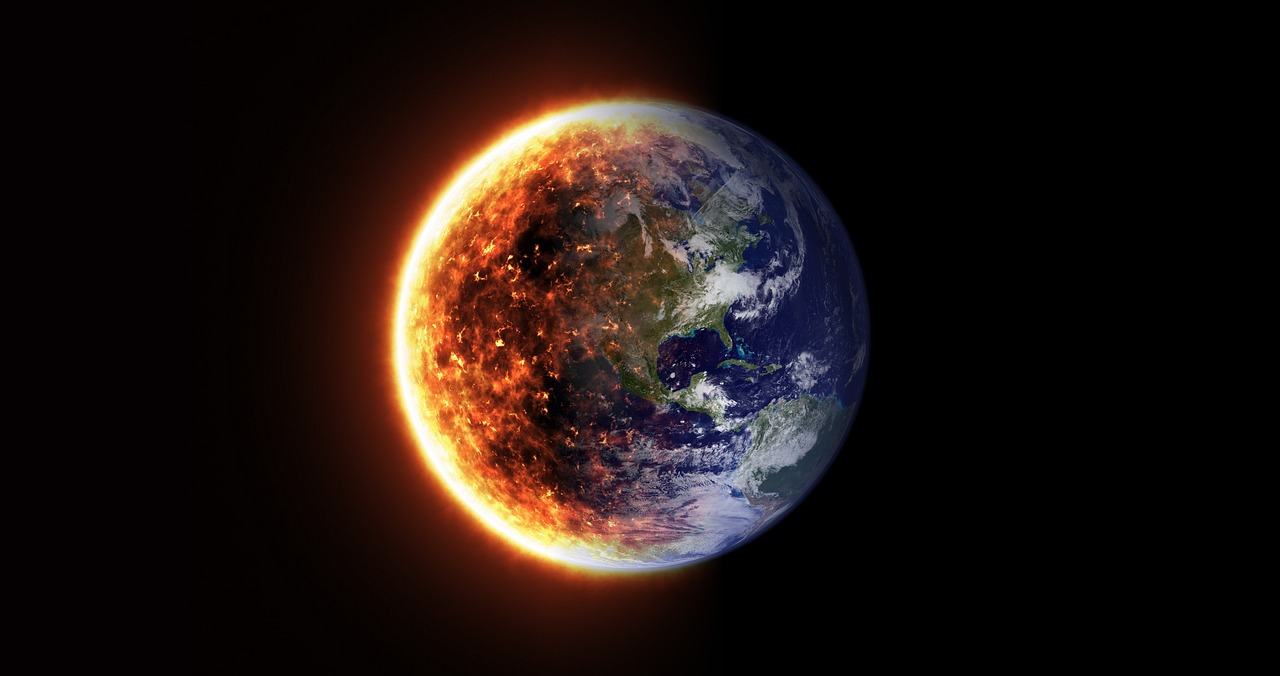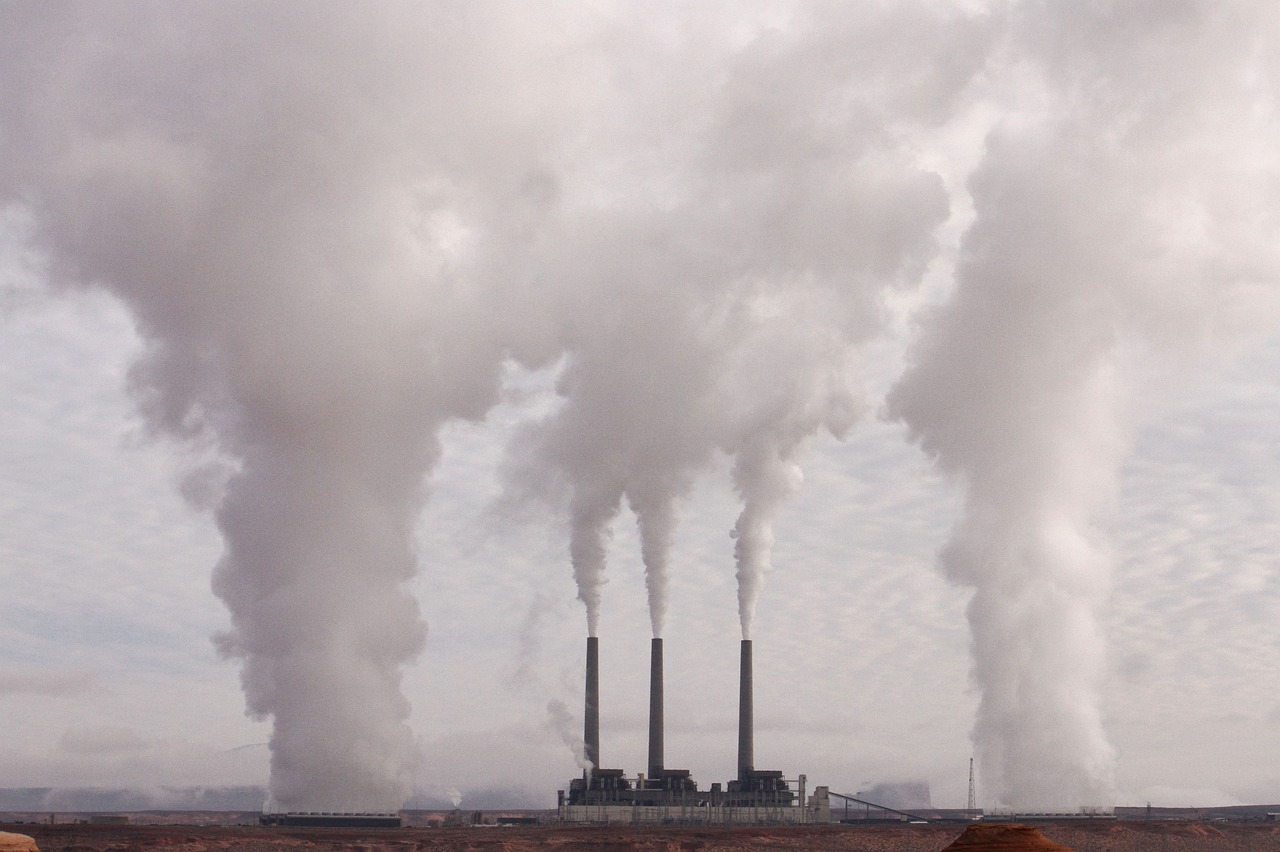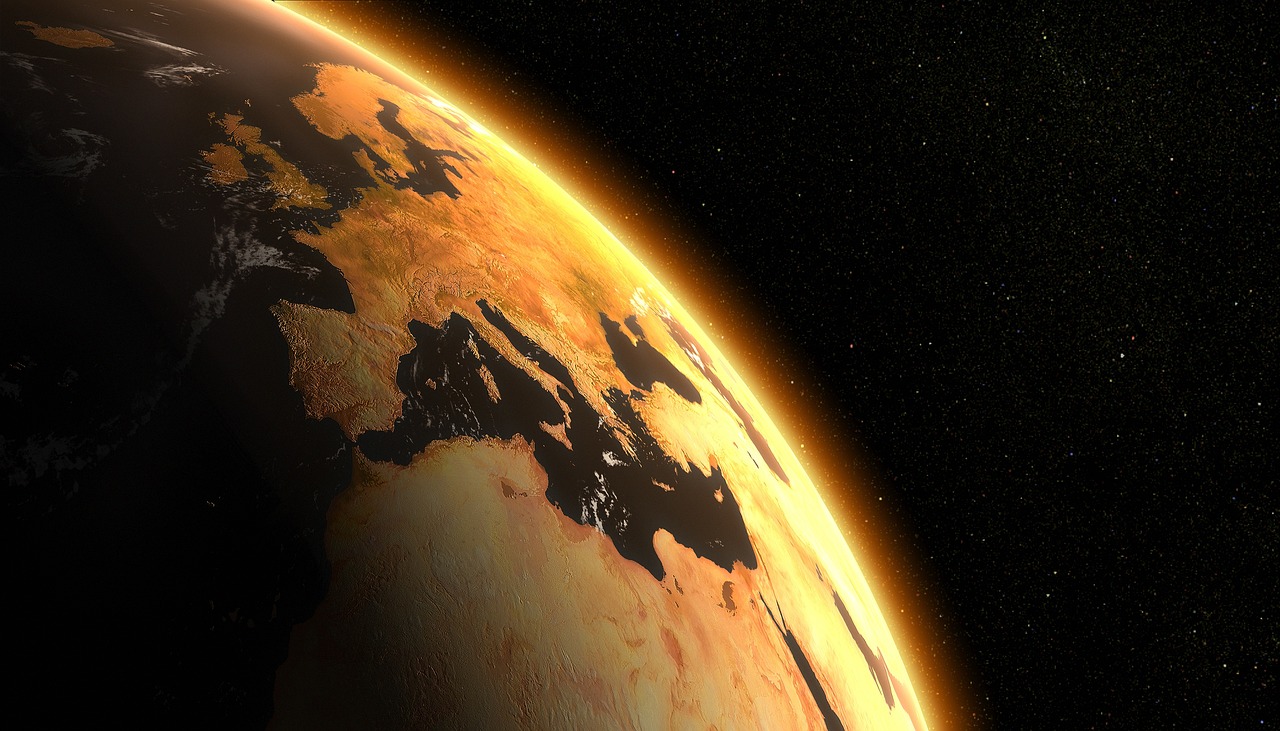Climate Feedbacks
Feedbacks are processes that are themselves consequences of global warming, but which in turn influence the planet’s temperature. They are either positive feedbacks, which means they contribute more warming, or they are negative feedbacks, meaning that they cause cooling. Though this highly uncertain area of science is rarely discussed, it is one of the main… Read More »Climate Feedbacks




